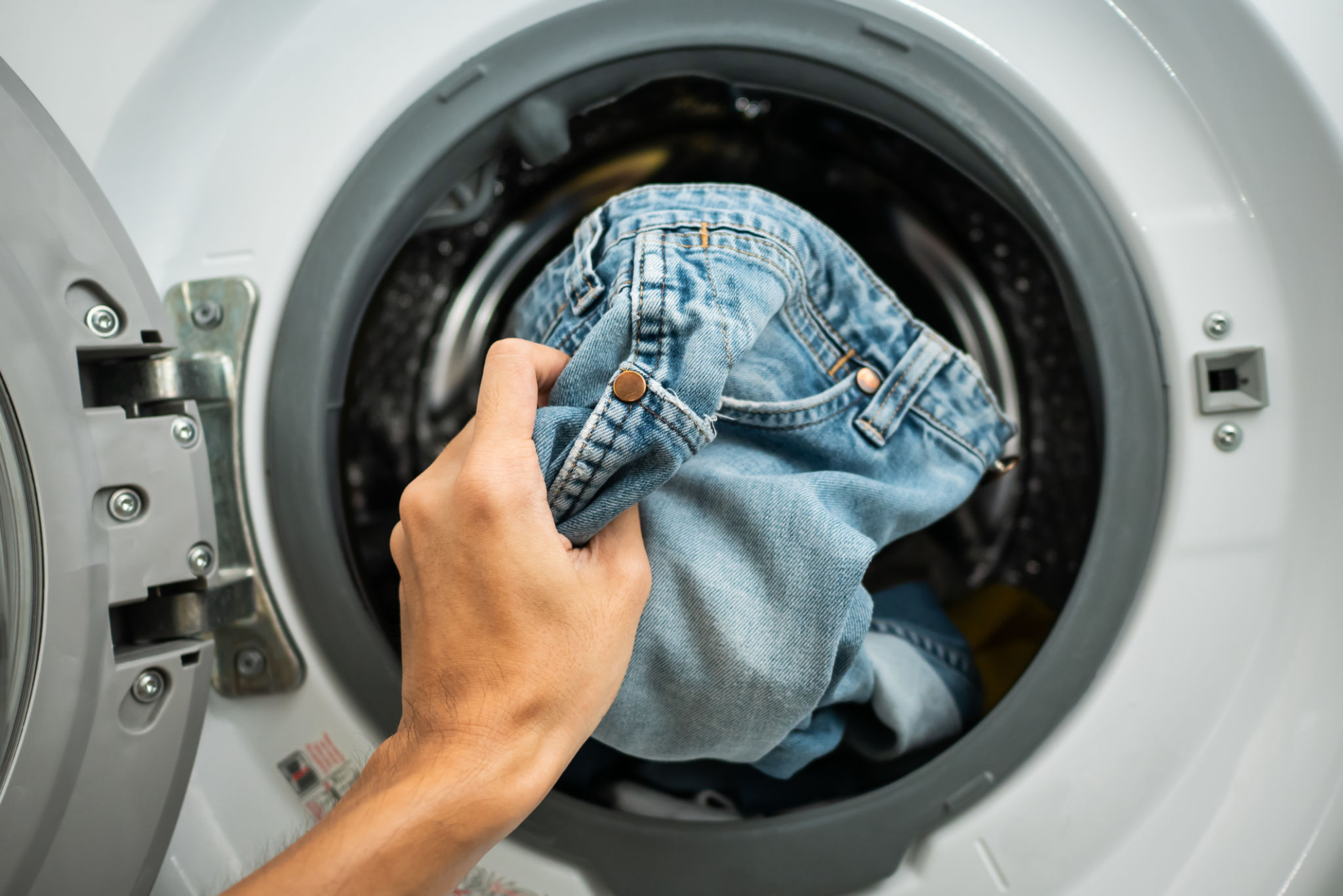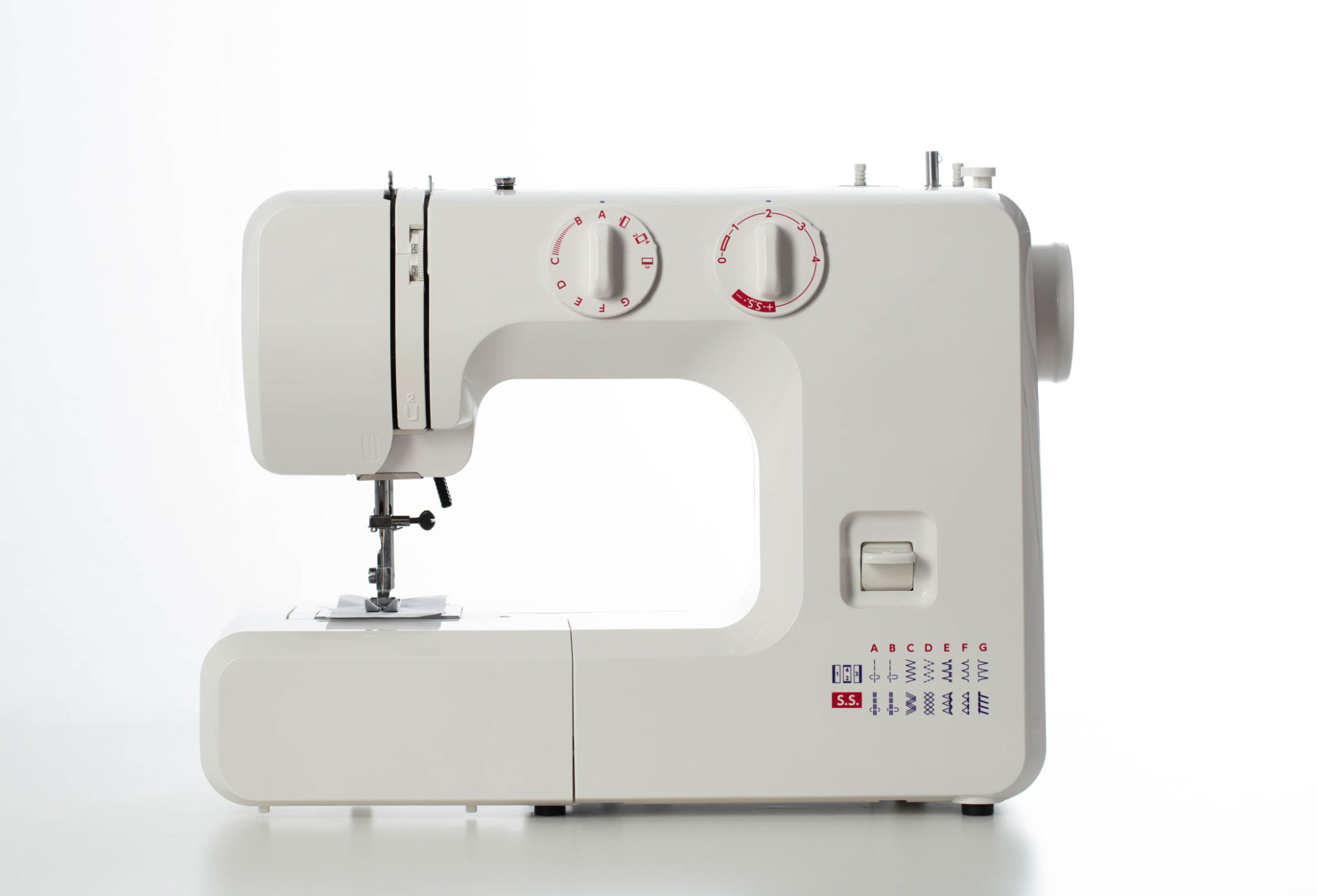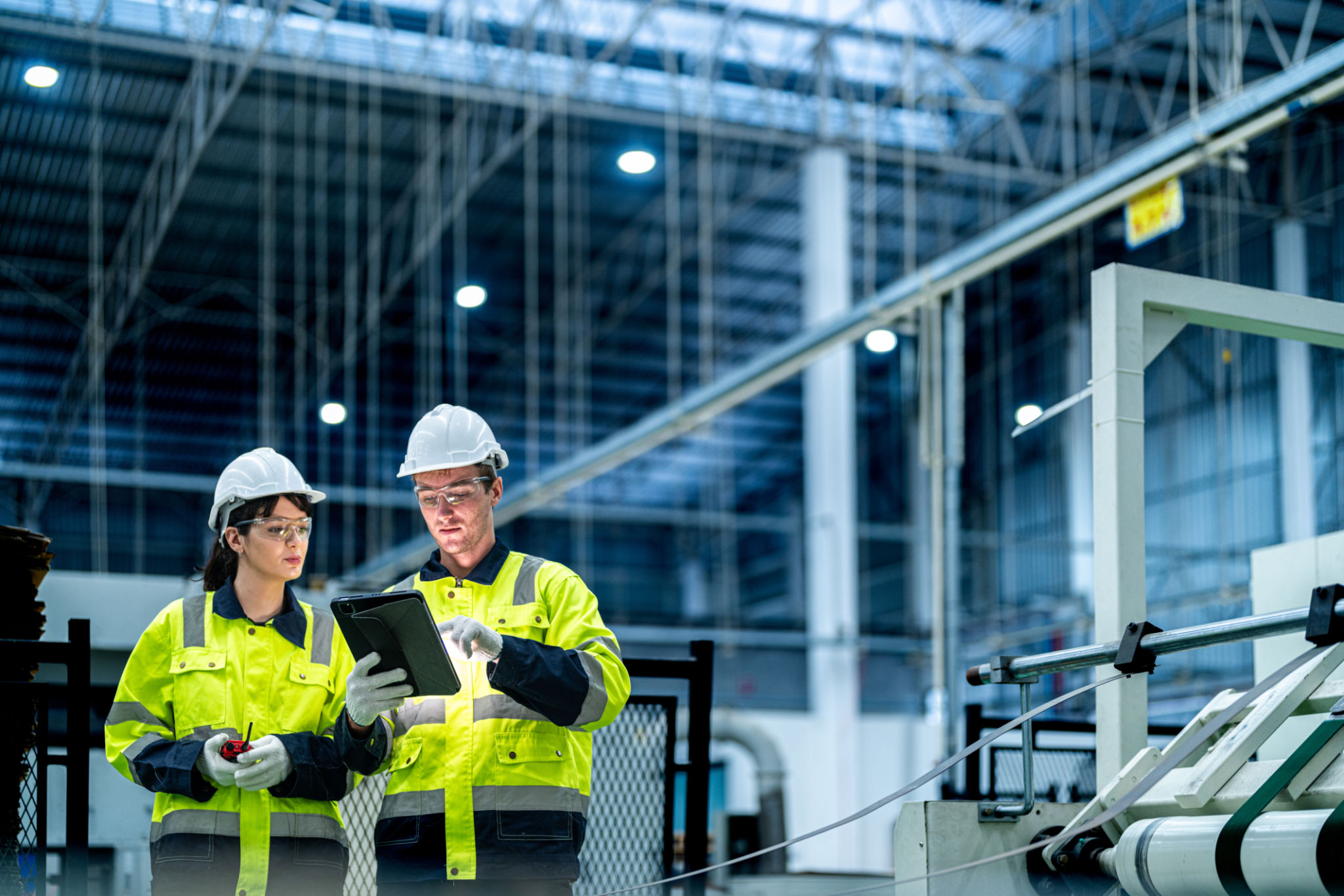Comparing Garment Machinery Brands: Finding the Best Fit for Your Business
Introduction to Garment Machinery Brands
In the dynamic world of garment manufacturing, choosing the right machinery is pivotal for operational efficiency and product quality. With numerous brands offering a wide range of machines, it can be challenging to determine which best suits your business needs. This guide will help you compare leading garment machinery brands, highlighting key factors to consider when making your choice.

Understanding Your Business Needs
Before diving into brand comparisons, it's essential to have a clear understanding of your business requirements. Are you a small-scale boutique or a large manufacturing unit? The size and scope of your operations significantly influence the type of machinery you need. Consider factors such as production volume, the variety of garments you produce, and your specific technological needs.
For smaller businesses, versatility and cost-effectiveness may be priorities. In contrast, larger operations might focus on high-speed capabilities and advanced automation features. Clearly defining these aspects will streamline your decision-making process.
Top Garment Machinery Brands
Several brands have established themselves as leaders in the garment machinery industry. Here are a few worth considering:
- Juki: Renowned for its innovative sewing machines, Juki offers reliable and efficient solutions suitable for various production scales.
- Brother: Known for their user-friendly designs and advanced technology, Brother machines are a favorite among many small to medium-sized enterprises.
- Pfaff: With a reputation for precision and durability, Pfaff caters to businesses looking for robust machinery capable of handling high-volume production.

Comparing Features and Technology
Once you've shortlisted potential brands, it's essential to compare their features and technological offerings. Look for key aspects such as:
- Automation: Automated machines can significantly boost productivity by reducing manual labor.
- Flexibility: Machines that offer multiple functionalities can adapt to different garment types, providing more value.
- Energy Efficiency: Energy-efficient models not only lower operational costs but also support sustainable practices.
Investing in machines with cutting-edge technology can enhance your production capabilities and keep you ahead in a competitive market.
Evaluating Cost vs. Value
The cost of garment machinery can vary widely depending on brand and features. However, it's crucial to focus on value over price. A higher upfront investment in a quality machine often results in long-term savings through reduced maintenance costs and increased productivity.

Consider the total cost of ownership, including initial purchase price, installation, training, and ongoing maintenance. Weigh these factors against the potential benefits to ensure that you are getting the best return on investment.
Customer Support and Warranty
A brand's customer support and warranty policies are critical considerations. Reliable customer service can make a significant difference when dealing with technical issues or requiring spare parts. Brands that offer comprehensive warranties provide peace of mind, ensuring that you are covered in case of unexpected failures or defects.
Research customer reviews and testimonials to gauge the level of support offered by each brand. A responsive support team can keep your operations running smoothly and minimize downtime.
Conclusion: Making the Right Choice
Selecting the right garment machinery brand involves careful consideration of various factors, from understanding your business needs to evaluating features and support services. By focusing on quality, technology, and value, you can choose a brand that aligns with your operational goals and drives your business forward.
Your choice of machinery can significantly impact your manufacturing efficiency and product quality, so take the time to make an informed decision that will benefit your business in the long run.
